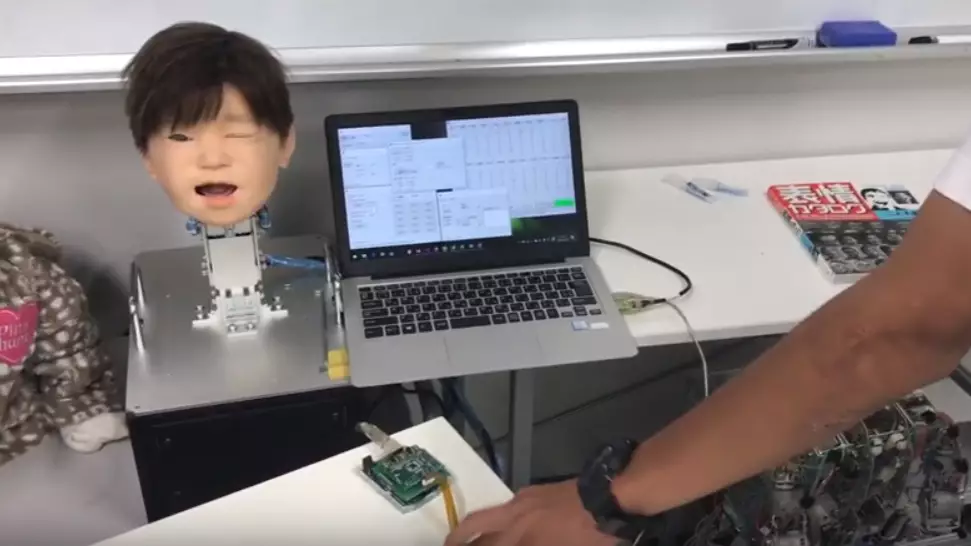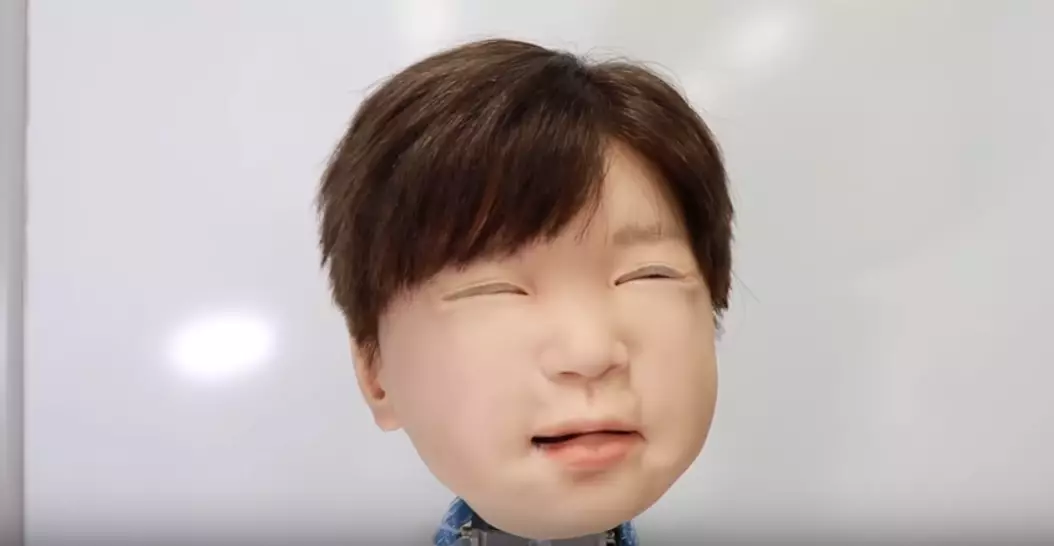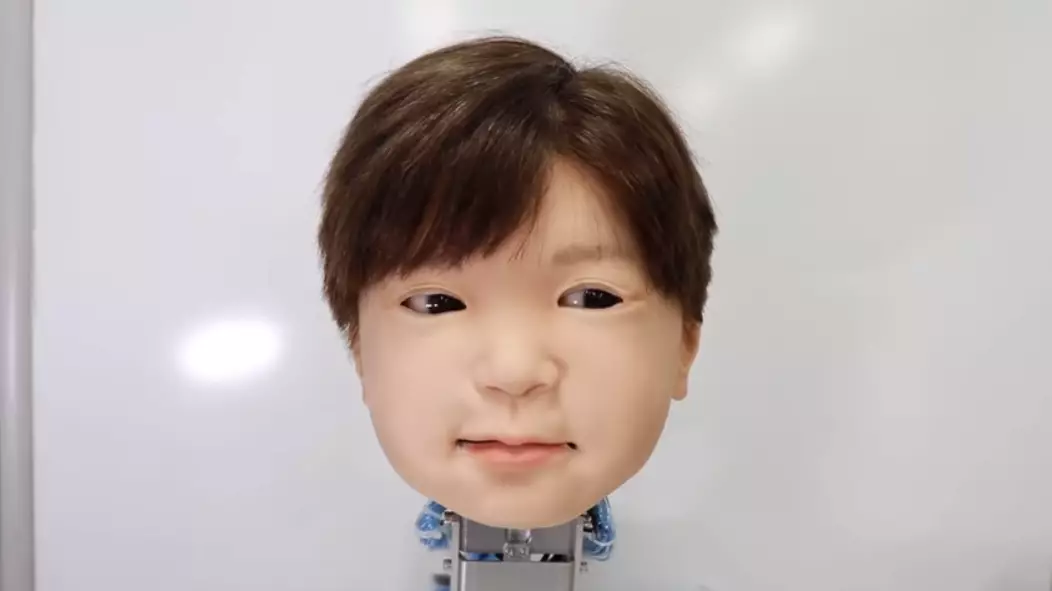
A robot that scientists claim can 'feel' pain has been created, with experts saying they are 'not far away' from the synthetic humans featured in 1982 sci-fi flick Blade Runner.
A team from Osaka University in Japan have invented a robot programmed to wince when an electric charge is applied to its 'skin', hoping that coding pain sensors into machines will help them develop empathy to human suffering.
Advert
This, in turn, is believed to help them act as more compassionate companions.
Lead researcher Professor Minoru Asada, who is also President of the Robotics Society of Japan, said: "In Japan we believe all inanimate objects have a soul, so a metal robot is no different from a human in that respect - there are less boundaries between humans and objects."

Asked if the future depicted in Blade Runner - which is loosely based on Philip K. Dick's novel Do Androids Dream of Electric Sheep - is possible, Asada continued: "I think we are not far away from that technically, but obviously ethically that is another matter.
Advert
"We are embedding a touch and pain nervous system into the robot to make the robot feel pain so that it can understand the touch and pain in others. And if this is possible, we want to see if empathy and morality can emerge.
"We are aiming to construct a symbiotic society with artificially intelligent robots, and a robot that can feel pain is a key component of that society.
"Japan is a very high ageing society and many senior people are living alone, so these kinds of robots could provide physical and emotional assistance."
The artificial pain system was unveiled at the recent American Assocation for the Advancement of Science meeting in Seattle, having been built into a lifelike robot child head called 'Affetto', which engineers revealed in 2018.

Dr Hisashi Ishihara, who helped design the robot, said both empathy and human characteristics are crucial were robots and humans to end up living alongside aech other.
Advert
"Generally, I believe that robots will be more effective in social bonding with humans when they have a more sensitive and expressive body," he said.
"That's why I'm trying to develop expressive android head and sensitive tactile sensors. Of course I think one day we humans will create robots that are difficult to distinguish from humans.
"However, the problem is that we don't know exactly what the difference is between robots and humans, despite the fact that they are apparently different.
"For example, many android robots can show smiling faces and we can feel something is wrong."
Advert
Featured Image Credit: YouTube/ Hisashi Ishihara
Topics: Science, World News, News, Technology